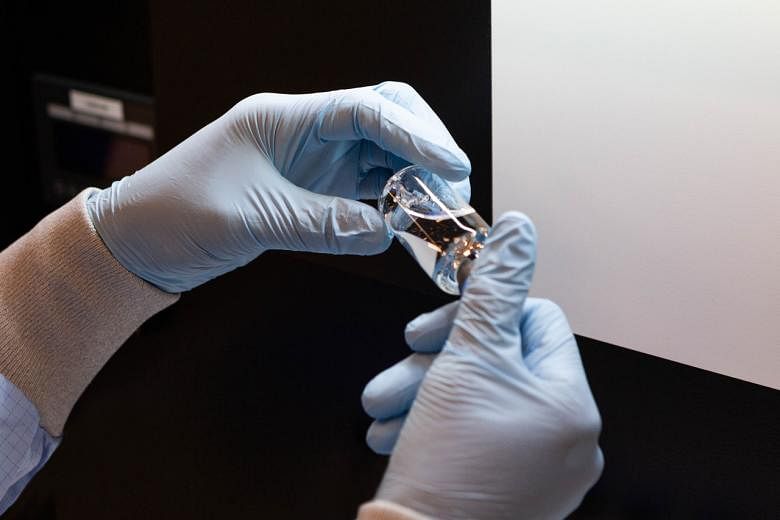The research that led to Gilead Sciences' antiviral drug remdesivir began as early as 2009, with various programmes related to hepatitis C and respiratory syncytial virus.
Research in 2013 and 2014 suggested that remdesivir could have broad spectrum antiviral activity against emerging viruses, including Middle East respiratory syndrome (Mers), severe acute respiratory syndrome (Sars) and Ebola, a fatal haemorrhagic fever.
The drug has now been tested against Sars-CoV-2, which causes Covid-19, as it is similar to the viruses causing Sars and Mers.
It is administered via intravenous infusion and has shown to improve outcomes for patients.
A study by the United States government agency, the National Institute of Allergy and Infectious Diseases, and published by the New England Journal of Medicine on May 22 showed that remdesivir shortened recovery time from 15 days to 11 days in hospitalised patients.
The international trial - though most sites were in the US - randomly assigned 1,063 seriously ill patients to receive either remdesivir or a placebo.
The drug is aimed at disabling the mechanism by which certain viruses, such as coronaviruses, make copies of themselves and potentially overwhelm their host's immune system.
Remdesivir was granted emergency use authorisation by the US Food and Drug Administration (FDA) for Covid-19 on May 1, paving the way for its broader use in more US hospitals.
The go-ahead came after a major clinical trial showed remdesivir shortened the time to recovery. However, full FDA approval has not yet been given.
Conditional approval was then granted shortly after by Japan on May 7, Taiwan on May 30, India on June 2 and South Korea on June 3.
Possible side effects include infusion-related reactions such as low blood pressure, nausea, vomiting, sweating and shivering.
It could also increase levels of liver enzymes, which may be a sign of inflammation or damage to cells in the liver.
Given the limited experience with remdesivir, not all of the risks may be known yet. Appropriate clinical and laboratory monitoring, including liver, renal and blood tests, should be considered to allow early detection of any abnormalities or potential adverse effects.












